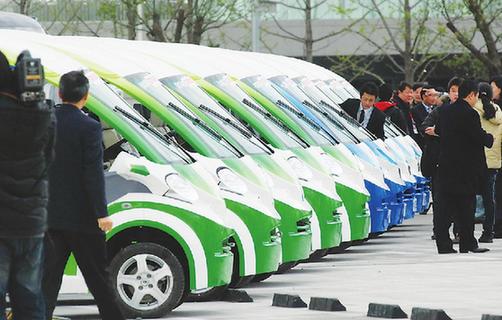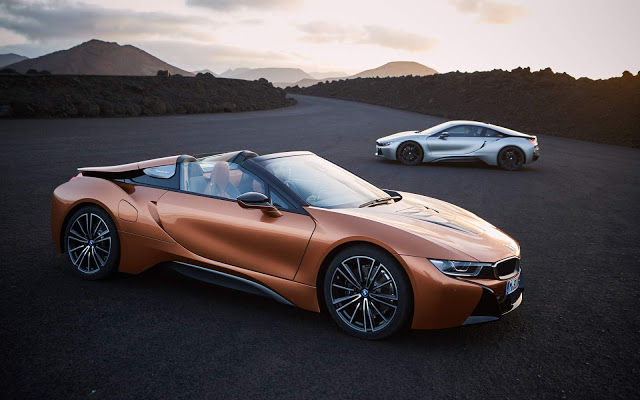Now Reading: Is It Worth Switching to a Greener Car?
-
01
Is It Worth Switching to a Greener Car?
Is It Worth Switching to a Greener Car?

Recent news that the Government plans to phase out petrol and diesel by 2040 might have got you thinking about going electric next time you buy a car. But how much is it really going to cost you? And is the green option more expensive than petrol?
Research carried out by MoneySupermarket recently took a close look at the pros and cons of electric vs diesel vs petrol.
The cost of running your average car involves more than just the initial price of the vehicle and the petrol. There’s insurance premiums, road tax and added extras like MOTs and servicing.
- If you’re buying a car, petrol models still a lot cheaper than electric and diesel ones. In fact, they cost on average £5,000 less though that should change as more electric cars come on the market.
- The running cost for an electric car, however, is 25% less than a petrol one.
- In fact, electric comes out the cheapest option over a 6 year period (£26,766) compared to petrol (£31,422) and diesel (£36,849) if you take everything into account.
The initial price of an electric car remains the sticking point for drivers, with nearly half currently saying that they won’t choose one because of it. Another problem is insurance premiums which appear to be larger for electric cars, though again this should reduce as more manufacturers focus on EVs and hybrids.
One potentially big stalling point, however, is the number of charging points available around the UK. While this is improving, we’re a little way behind other European countries and even the USA. There are currently only around 210 in the centre of London which works out at 15,390 people to each charge point.
The decisions we make often don’t take into account the fact that the running costs for electric are quite low. For instance, you don’t have to pay road tax for vehicles and servicing over a six year lifetime is about half of that for petrol or diesel.
Fuel consumption is by far the biggest factor, however. It costs about 5 x more to fill up a petrol or diesel car compared to powering an electric car. According to Neeeco’s Mass Save program, if you take every parameter into account, electric cars come out about 20% cheaper (a saving of around £2,109) than their fossil fuel guzzling competitors over a 6 year period.
Of the 1,000 people that MoneySupermarket asked about their preferences, 63% were unaware that there is currently a grant available for those who want to switch to electric. It can knock of up to 35% of the cost of a car and 20% for an electric van.
Overall, the cost of running an electric car is now considerably less than for petrol and diesel, even with the initial upfront cost when buying a new vehicle. If you want to go green, therefore, the signs are good and with the current Government grant, there’s really no excuse for not swapping to a cleaner energy source.

Stay Informed With the Latest & Most Important News
Previous Post
Next Post
-
 01Polestar Boss Says It’s Time To Outrun BMW M And Mercedes-AMG
01Polestar Boss Says It’s Time To Outrun BMW M And Mercedes-AMG -
 02Spy Shots: 2027 Mitsubishi Pajero Spotted in Testing Ahead of Possible U.S. Return
02Spy Shots: 2027 Mitsubishi Pajero Spotted in Testing Ahead of Possible U.S. Return -
 032026 Toyota Hilux EV: A Powerful Truck with Silent Torque
032026 Toyota Hilux EV: A Powerful Truck with Silent Torque -
![2027 Mercedes-Benz S-Class Debuts with V8 Engine [Photo Gallery]](https://speedlux.com/wp-content/uploads/2026/01/2027-Mercedes-Benz-S-Class-33-155x125.jpg) 042027 Mercedes-Benz S-Class Debuts with V8 Engine [Photo Gallery]
042027 Mercedes-Benz S-Class Debuts with V8 Engine [Photo Gallery] -
 052026 Corvette ZR1 Production Surges Past Expectations as Output Clears 1,000 Units
052026 Corvette ZR1 Production Surges Past Expectations as Output Clears 1,000 Units -
 06Spy Photos: VW ID. Polo GTI Goes Electric with 223 HP and 280 Miles of Range
06Spy Photos: VW ID. Polo GTI Goes Electric with 223 HP and 280 Miles of Range -
 07The Controversial Ford Voodoo V8 That Was Killed Off Too Early
07The Controversial Ford Voodoo V8 That Was Killed Off Too Early



![2027 Mercedes-Benz S-Class Debuts with V8 Engine [Photo Gallery]](https://speedlux.com/wp-content/uploads/2026/01/2027-Mercedes-Benz-S-Class-33-700x394.jpg)











































